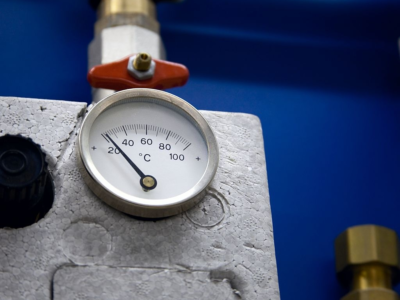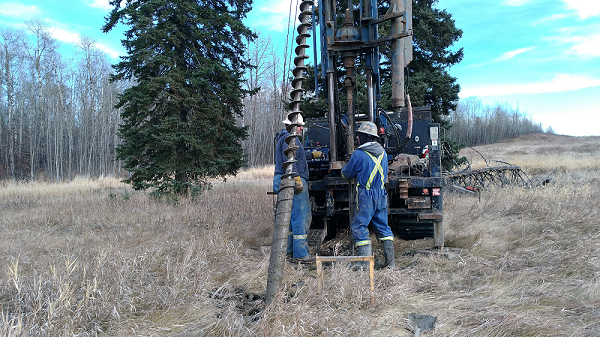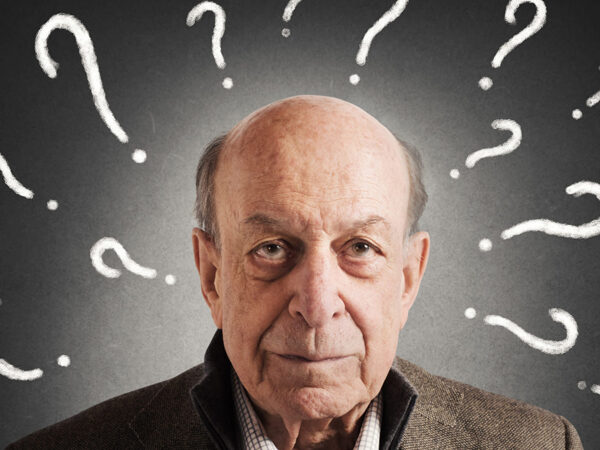What To Expect From Alcohol Or Drug Rehab Treatment?
When it comes to alcohol or drug rehab treatment, everyone has distinct requirements. Alcohol use disorder (AUD) is a severe condition diagnosed when alcohol use becomes problematic and begins to cause distress.
It may vary from mild to severe, according to how many signs and symptoms an individual has. That’s why the alcohol or drug treatment varies depending on how mild or severe your condition is.
Certain people who have AUD or drug abuse may show withdrawal symptoms when they stop drinking or doing drugs suddenly. The withdrawal effects can be harmful to their body. That’s why they need to enrol in a rehab programme.
What is Rehab?
Home or in-patient rehab is the primary treatment for alcohol or drug addiction. In this, the affected person has to remain in a facility for a specific period and participate in individual, group and family therapy. For the in-patient therapy, the patient needs to take some time off from their school or work to stay at the rehab facility, trying to recover their system from the side effects of alcohol or drug abuse.
If in-patient sessions are not needed, individuals can attend outpatient therapy and live at home or any other sober facility. With outpatient treatment, patients can continue their school or work and other commitments while getting effective treatment.
Here’s what to expect from alcohol or drug rehab treatment programmes, especially if it’s your first time:
Intake Interview
The rehab facility members usually try to find out about the extent of your alcohol or drug use. So, they often ask for an intake interview. This is an essential part of the rehab procedure, as the collected information can further help experts personalize your treatment.
Generally, the length of your stay in alcohol or drug rehab is around 28 to 30 days or may extend up to 60 to 90 days – depending on your condition.
Detoxification
Once the initial assessment is done, you undergo the detoxification procedure. This process involves the removal of alcohol or drugs from your system after prolonged use. It is a complex but crucial step to cleanse your body to remain free from harmful substances. This is done to prepare you both mentally and physically to take further procedures in the rehab centre.
Every individual has their own experience with detoxification, according to the type of drug/alcohol used, the period of using it and how much they consumed it. This procedure takes around three to 14 days.
Therapy
There are various types of therapies given to patients during the recovery process. This helps them overcome their desire to consume alcohol or drugs, prevent relapsing and stay clean for the rest of their life.
The therapies involved during the rehab are:
Individual Therapy
A healthcare professional works with the patient privately in individual therapy. During the one-on-one sessions, the patient is encouraged to have an honest opinion about themselves, their alcohol/drug addiction and the impact of addiction on their psyche.
The therapist also helps the individual to figure out things that trigger his/her addiction. After identifying those things, the therapist further educates you about ways to deal with them healthily.
The individual therapy session can be conducted in the therapist’s office or anywhere else so that the patient can communicate privately. The duration of this therapy depends on the patient. But usually, therapists take the session once a week for up to one to two hours.
Family Counselling
Therapy involving family and friends is effective in improving the outcome of the rehab. This is because family and close friends can bond with the patient to encourage him/her to come of the unwanted situation.
Family counselling is also given for sharing their grievances and to help them learn more about each other and understand what contributed to the addiction in the first place. Working together during such stressful times is essential for the patient to heal properly.
Some programmes even include family and friends during the entire rehab procedure – from assessment through aftercare follow-ups. However, some programmes allow family members to attend Al-Anon meetings only when they want to visit a patient in rehab.
Aftercare
At the end of a rehab programme, the counsellor and patient have to follow-up aftercare plan to continue recovery. By engaging in aftercare, a patient can significantly minimize the use of alcohol or drug relapse rate.
The aftercare plan is full of medical and social support services, helping in the overall transition. It can further include follow-up therapy, medical evaluations, transitional housing, alumni support groups and more recommendations to encourage a patient to avoid certain situations that may cause relapse.
Conclusion
If you are dealing with alcohol or drug abuse, it is essential to take immediate help from the therapist. It is necessary to understand that you need help in the first place. After that, you can take your family or friends’ help to overcome the situation in a positive way. Don’t let your social fears or stigma prevent you from taking a rehab treatment.









